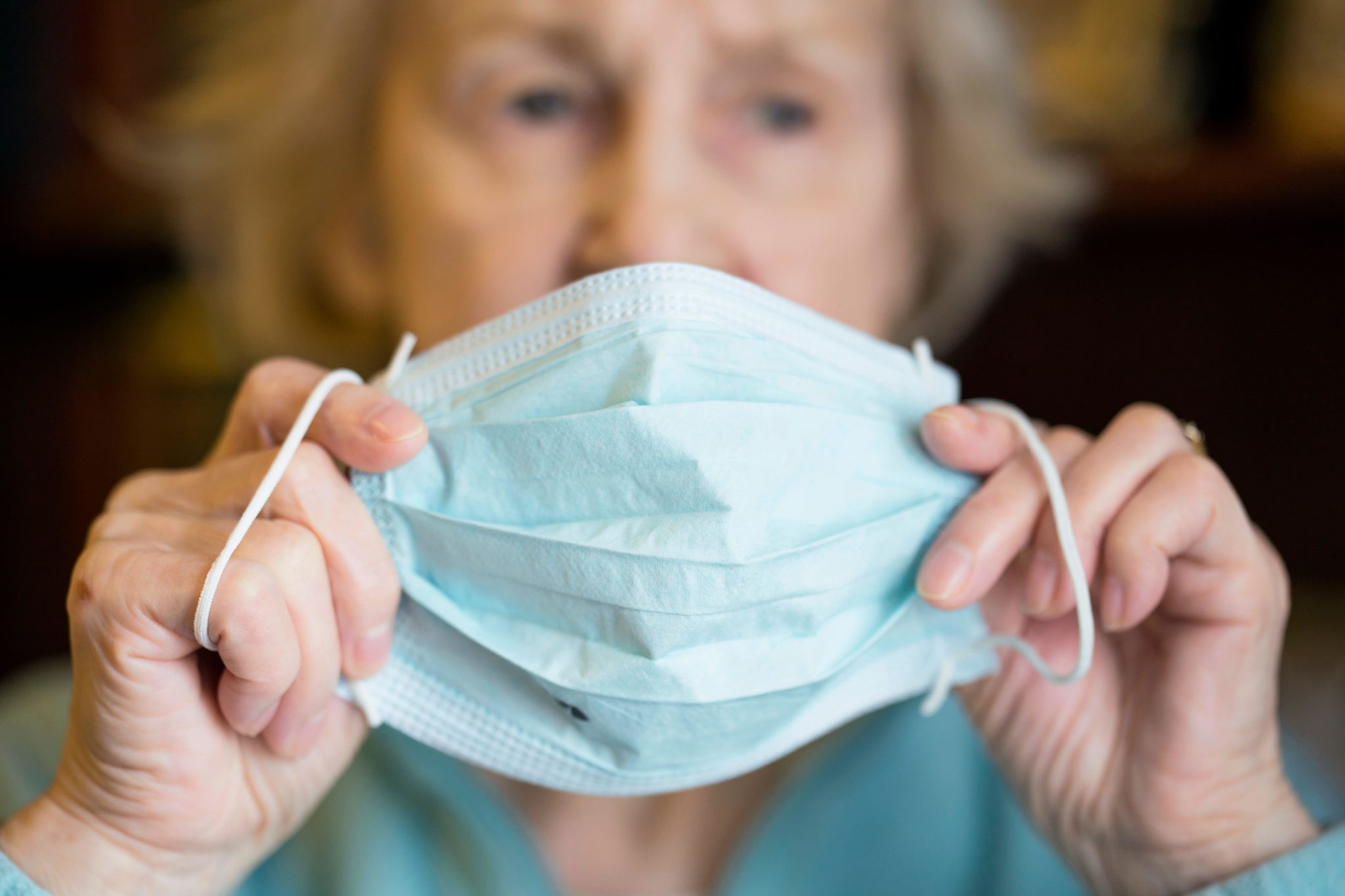A new coronavirus strain is thought to be more contagious than previous ones.
The World Health Organisation (WHO) has classified the JN.1 strain as a "variant of interest".
It said it is continuously monitoring the global spread of the variant that current vaccines continue to offer protection against.
Though its current evaluation of the public health risk is 'low', the UN health agency cautioned that with the onset of winter the new variant "could increase" the burden of respiratory infections in many countries.
It noted that other diseases - such as RSV, influenza and childhood pneumonia - are already on the rise.
The classification of JN.1 as a variant of interest is down to "its rapidly increasing spread" around the globe, the WHO said in an advisory on Tuesday.
Trinity College Dublin Immunologist Luke O'Neill told The Pat Kenny Show the variant seems to have similar symptoms to previous ones.
"It doesn't seem any more mischievous in terms of making people really sick but it spreads more they think," he said.
"There's some evidence that it's a bit more contagious.
"There's a good bet now if you've got a cold it could be this variant, possibly.
"It's becoming more and more common, the numbers are going up the whole time.
"The symptoms aren't that different to the previous version".
 A woman puts on a facemask to protect from COVID-19 in March 2020. Image: Helen Sessions / Alamy Stock Photo
A woman puts on a facemask to protect from COVID-19 in March 2020. Image: Helen Sessions / Alamy Stock PhotoProf O'Neill said an announcement in May that COVID-19 was no longer a global health emergency did not mark the end of its presence.
"This was never about people just dying, of course our concern during COVID was death but then we've discovered people get Long COVID and it's still a big problem," he said.
"Many people get it, that's a reason to avoid catching COVID even now.
"Of course if you're vaccinated, the risk of Long COVID is a lot less."
Long COVID app
Prof O'Neill said a new app to monitor Long COVID is his big takeaway from the year.
"It's called Visible and they made a thing called Visible+," he said.
"If you think you've Long COVID you can monitor your symptoms and feed information into the app.
"[There's a] really detailed questionnaire and then it'll tell you what to do - 'you need a rest, you need to stay home' - based on your symptomatology.
"It's coupled too with a device to measure your pulse variability.
"It turns out that in Long COVID, the autonomic nervous system is affected - a particular part of your nervous system that controls your pulse rate.
"If that's fluctuating during the day... it's another indicator that maybe it's time to go and see a doctor for a start, but certainly slow down.
"The main thing [is] it prompts you when to take rests," he added.
The WHO said JN.1 has been found in many countries including India, China, the UK and the US.









